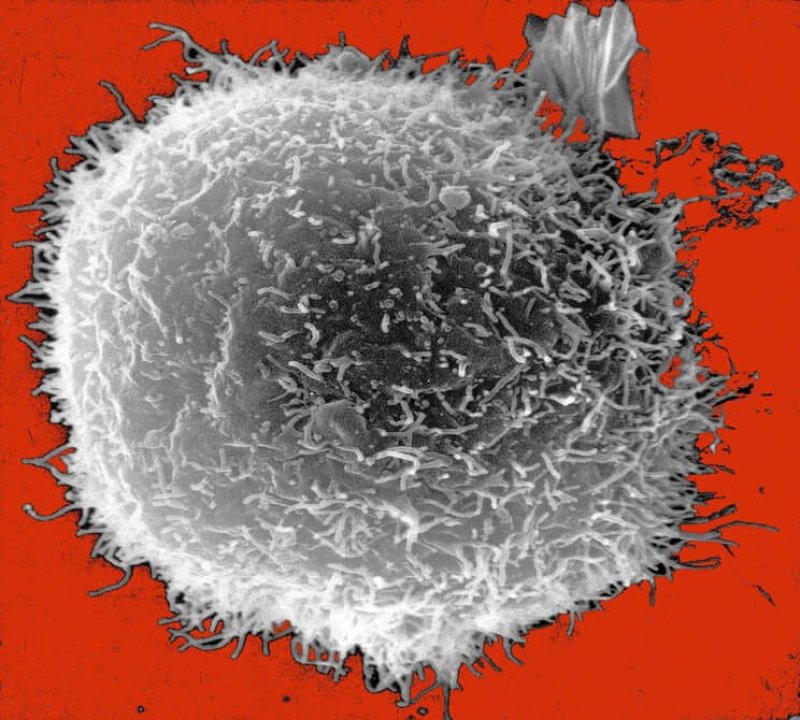Promising data has revealed a new treatment for breast cancer and leukemia. It works by attacking cancer cells’ ability to repair pathways (specifically, damaged pathways) in their DNA.
The team reports that a combination of an experimental, not-yet-approved drug and an epigenetic drug (called alazoparib and 5-azacytidine, respectively) resulted in a strong antitumor response.
…
[Scientists] tested the drug therapy on breast cancer and leukemia — cancers that depend on self-repairing mechanisms to grow mutated cells. Human breast cancer and leukemia cells, which were grown in mice, faced the combination drug therapy. Ultimately, this resulted in tumors half the size of what either drug could do on its own, the paper notes.…
The team tested the therapy on cancer with the breast cancer susceptibility gene (BRCA), an inheritable gene that appears to increase the risk of breast cancer. And lead research Stephen Baylin says their study could lead to the discovery of further treatments.
…
The causes of cancer are not completely understood, and continuing research like this from Baylin gives hope to patients everywhere.
The GLP aggregated and excerpted this blog/article to reflect the diversity of news, opinion, and analysis. Read full, original post:































